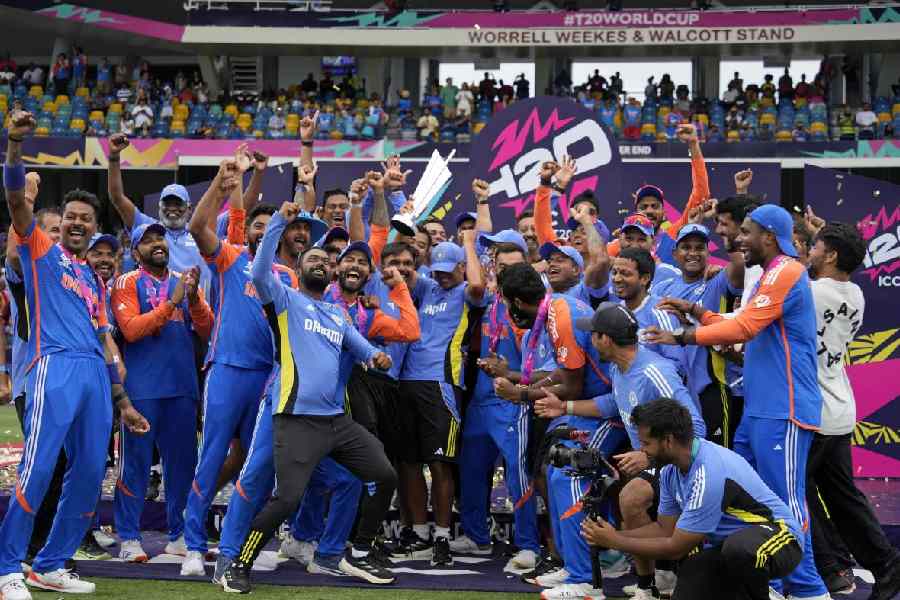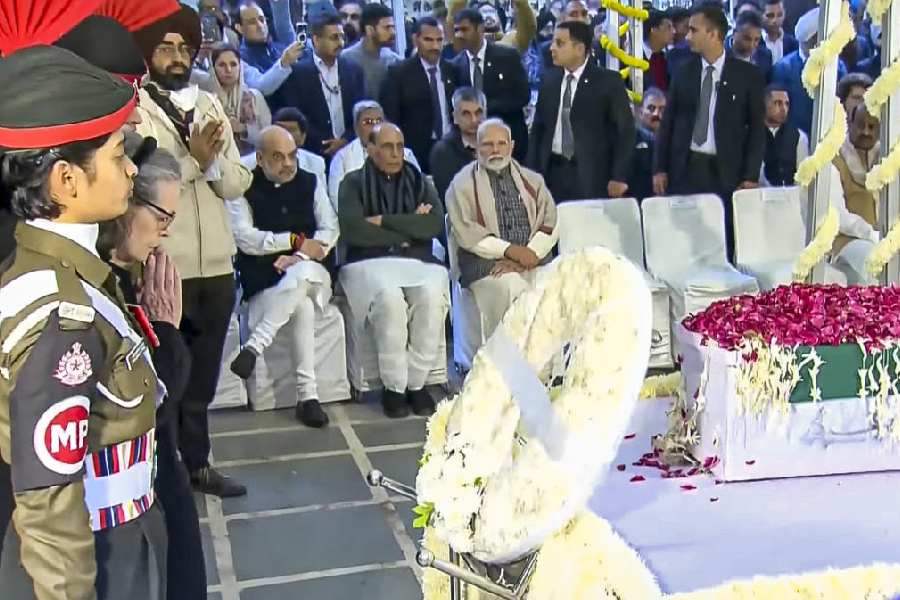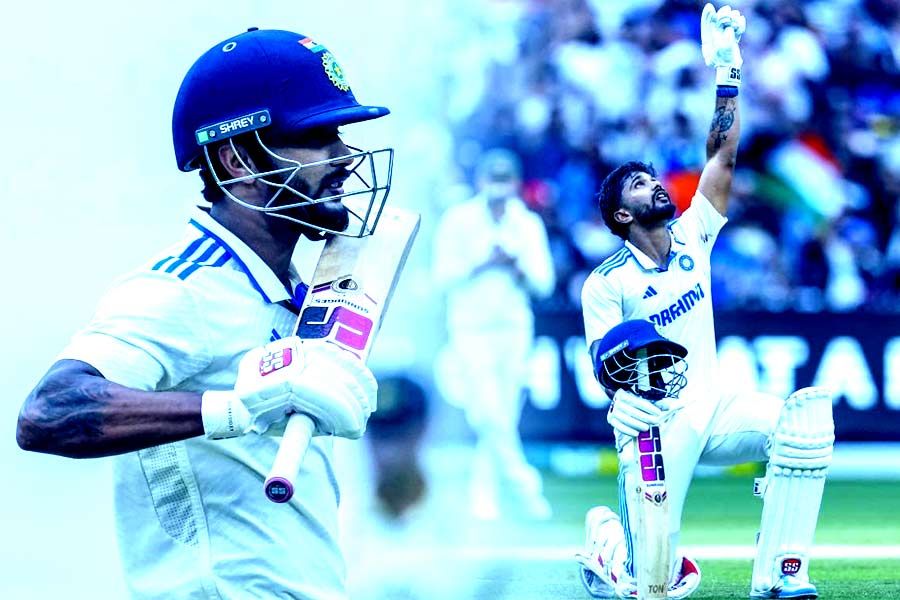The recently-concluded T20 World Cup, which was the first ICC men's event in the Caribbean in 14 years, was a success on many fronts but the logistical challenges involved in staging the massive event in the region caused a lot of discomfort to the game's stakeholders, including the players and fans.
Cricket West Indies reaped the benefits of hosting the big-ticket competition that gave the governing body financial security for the foreseeable future. The ICC fulfilled its vision of hosting a World Cup in a region outside the big three (India, Australia, England).
The locals fans were also thrilled to see top-flight cricket being played in the Caribbean after a long time but the same could not be said about the overseas fans who had to take great pains to watch their teams in action.
Before the caravan moved to the Caribbean for the Super 8s, the talk around the games in co-host USA was mainly around the undercooked drop-in pitches in New York. Logistical issues began to crop up only when the teams had to play their Super 8 games in the Caribbean with only a travel day in between.
For example, eventual champions India played three Super 8 games at three different venues and the semifinal in Guyana in a space of seven days, followed by the final against South Africa in Barbados 48 hours later. The other teams too had their fair share of logistical hurdles.
"I love coming to the Caribbean as cricket is loved here. I have enjoyed my cricket here. There is so much history of cricket, there are so many great players from this country.
"However, the logistics are a big challenge, but that is fine. At the end of the day, you are a professional sportsman. You have to manage everything around it. And to bat here is also fun. The wickets are good here," India skipper Rohit Sharma told select media after leading his team to a much-awaited win in an ICC final.
Afghanistan coach Jonathan Trott had also been vocal about how the scheduling left his team sleep-deprived before the lost semifinal against South Africa.
The fact that a record 20 teams took part in the event only made things tougher on the logistical front.
"The West Indies hosted a men's ICC event after 14 years and I don't think it will stage another one anytime soon. The infrastructure is just not there," said a well-known broadcaster, whose patience was tested while trying to catch a charter flight from Guyana to Barbados ahead of the final on June 29.
The Indian fans, who mostly came from USA, UK and Canada, did not have access to charter flights and therefore, they were forced to take flights with layovers as long as 20 hours.
A lot of them had match tickets but were not able to book flights. Match tickets were available outside the Kensington Oval even on the day of the final.
"I had to pay USD 3000 for my wife and I to travel from Guyana to Barbados for the final with an overnight stay in Trinidad. There was no other option," said Mitesh Bohra, a US-based techie who is originally from Indore.
UK-based Minesh Patel, who was in India for the ODI World Cup last year before returning to the country for the five-match India-England Test series earlier this year, narrated his travails.
"I have been to football matches, they are very well-organised, the whole ticketing process. Here the ticketing process was awful. The tickets were out in February, everybody went for them. Then all of a sudden, all the major games were sold out," said Minesh.
"I managed to get a few tickets but then a month later, the ICC released some more but when I checked, everything was sold out. And month later released some more, but by then the flight prices had gone up.
"But when you got to the ground, half the grounds were empty, not even half full. The reselling websites were selling the tickets for thousands of dollars but nothing was there on the official ICC site.
He said that he bought tickets for the India-USA game in New York for USD 300 but a month after his purchase, he realised that lower category tickets were eventually made available for USD 200. He wondered why the entire lot could not be put on sale at the same time.
"So, they were asking for premium tickets initially but there were lot of other tickets available afterwards. The ICC should give us the entire ticketing schedule months in advance so that people are aware," added Minesh, who covered six India games in this edition.
The ICC along with local organisers had a massive task at hand which they pulled off eventually. However, for the fans and other stakeholders, a lot was left to be desired.
"The ICC men's T20 World Cup 2024 is the largest ICC event ever delivered, with 20 teams, 55 games and in nine venues across seven countries. This is a huge logistical exercise which was handled extremely well by our hosts Cricket West Indies," an ICC spokesperson said.
"The pre-seeding of teams for the Super 8 stages also supported fans planning to travel and support their teams, whilst we assisted fan groups and media with access to charter flights wherever possible," he told PTI.
Except for the headline, this story has not been edited by The Telegraph Online staff and has been published from a syndicated feed.











